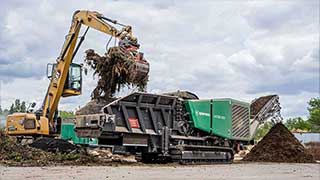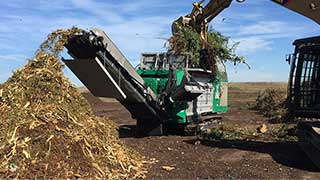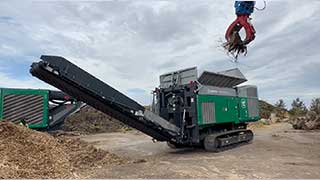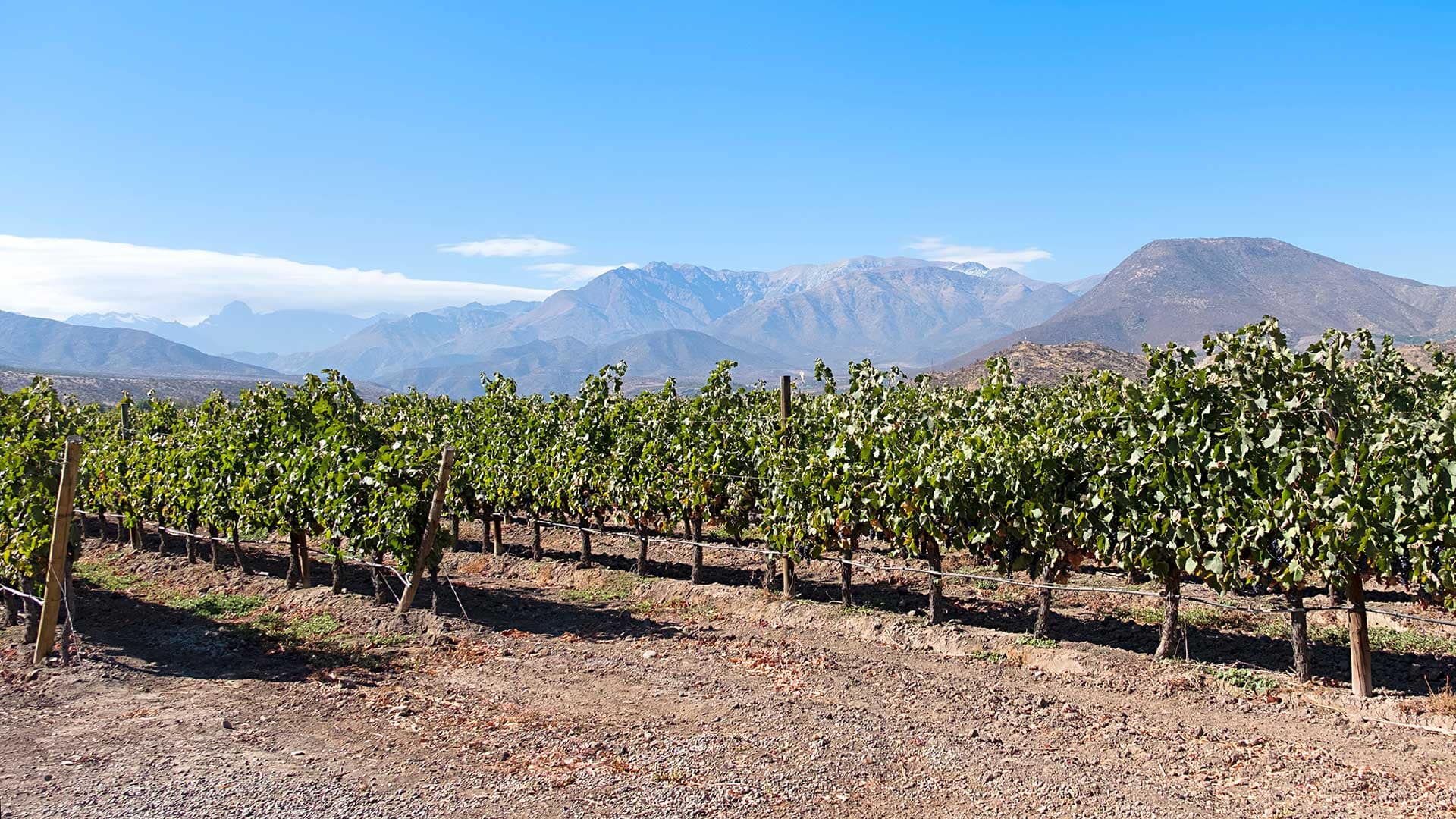
Stop Burning Your Orchard Waste: There’s a Better Way
The Problem: Orchard Renewal Is Costly—and Wasteful
When an orchard reaches the end of its productive life, growers face a tough decision: how to remove and dispose of hundreds—or thousands—of aging trees.
For decades, the answer has been burning, burying, or hauling them to landfills.
But these methods come with big downsides:
High disposal and labor costs
Air pollution from open burns
Lost organic matter that could have fed the soil
Whether you’re replacing a small block or an entire commercial orchard, traditional clearing is inefficient, expensive, and bad for the land.
You’re Paying More to Get Less
Burning trees not only pollutes the air—it also burns away profit.
Hauling trees to the dump? You’re paying to lose nutrients that took decades to build.
And what about your soil? With no organic matter returned, the next generation of trees gets a weaker start. You’ll spend more on fertilizers, soil amendments, and irrigation—just to get your orchard back to baseline.
It doesn’t have to be this way.
The Solution: Whole Orchard Recycling (WOR)
Whole Orchard Recycling is the smarter, more sustainable way to clear old orchards.
Instead of sending trees to the dump, you grind them on-site into mulch and return that rich organic matter to your soil—right where it belongs.
You’ve already invested decades into growing strong, productive trees. Whole Orchard Recycling lets you get one final yield—a better foundation for your next crop.
Here’s How WOR Works
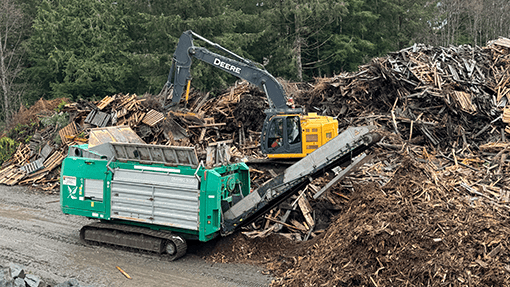
Tree Removal
Trees are uprooted using excavators or tractors.
Grinding or Shredding
Industrial grinders and shredders reduce the trees to mulch or biomass.
Reapplication
That material is spread across the orchard floor, where it breaks down, building healthier soil.
Reduces Disposal Costs
No more landfill or burn permits.
Boosts Soil Health
Mulch improves water retention, nutrient availabliity, and microbial activity.
Lowers Carbon Footprint
On-site processing cuts emissions from burning and hauling.
Speeds Up Renewal
Tree removal and soil prep happen in one efficient step.
Your Orchard Has Value.
Don’t Let It Go Up In Smoke!
You’ve already invested decades into growing strong, productive trees. Whole Orchard Recycling lets you get one final yield—a better foundation for your next crop.
At Foreman Equipment, we supply the high-performance grinders and support you need to make WOR a reality.
👉 Learn more about our WOR-ready equipment →
Ready to turn orchard waste into valuable resources? Discover how our powerful Crambo and Terminator Xtron Shredders and Lacero Grinders can help you efficiently process and recycle orchard materials.
Learn more about our shredders and grinders by clicking the links below.
Lacero Horizontal Grinder
Crambo Shredder
Terminator Xtron Shredder

